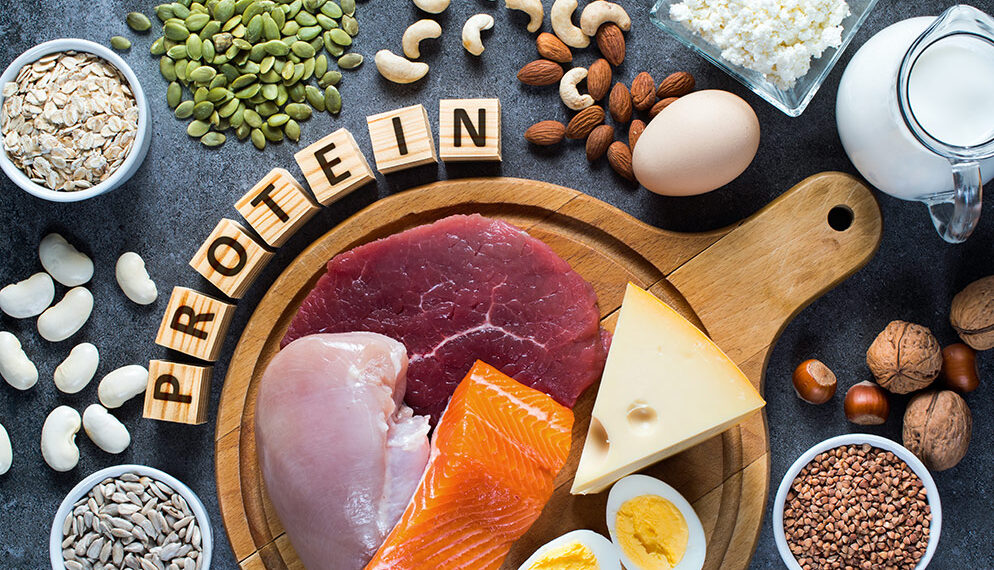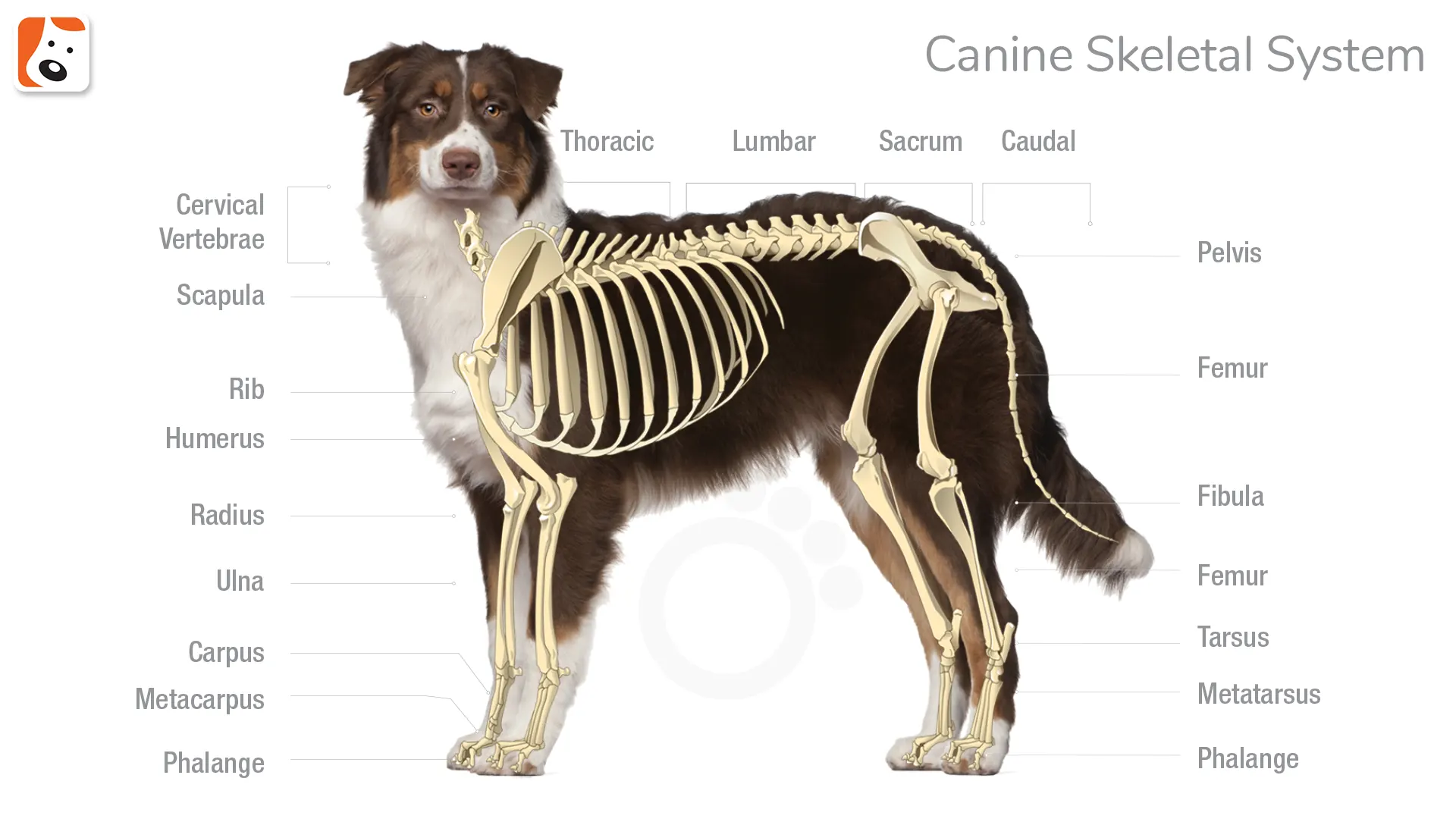“A dog is the only thing on earth that loves you more than he loves himself.” – Josh Billings
When it comes to ensuring the well-being of our canine companions, providing them with a balanced diet packed with essential nutrients is crucial. Proper nutrition not only supports their overall health but also enhances their longevity, vitality, and quality of life. According to the American Veterinary Medical Association, a well-balanced diet can prevent a multitude of health issues in dogs, from obesity and arthritis to skin conditions and digestive problems. This article delves into the essential nutrients every dog needs to thrive and how you can incorporate them into their daily diet.
The Building Blocks of Canine Health: Essential Nutrients
1. Proteins: The Cornerstone of Strength
Proteins are vital for dogs as they provide the necessary amino acids required for muscle development, tissue repair, and overall growth. They play a crucial role in maintaining a robust immune system and ensuring healthy skin and coat. High-quality protein sources include:

- Chicken and Turkey: Lean meats rich in essential amino acids.
- Fish: Packed with omega-3 fatty acids, which support brain function and reduce inflammation.
- Eggs: A complete protein source that is highly digestible.
2. Fats: Energy and Vitality
Fats are a primary source of energy for dogs and are essential for the absorption of fat-soluble vitamins like A, D, E, and K. They also contribute to a shiny coat and healthy skin. Key fat sources include:

- Fish Oil: Rich in omega-3 fatty acids, beneficial for heart health and reducing inflammation.
- Chicken Fat: Provides a good balance of omega-6 fatty acids.
- Flaxseed Oil: An excellent plant-based source of omega-3s.
3. Carbohydrates: Fuel for Activity
Carbohydrates provide the energy required for daily activities and are crucial for digestive health. While dogs do not have a strict carbohydrate requirement, they benefit from complex carbs, which provide fiber and aid in digestion. Beneficial carbohydrate sources include:

- Sweet Potatoes: High in fiber and vitamins.
- Brown Rice: Easily digestible and a good source of energy.
- Oats: Provide a slow release of energy and support heart health.
4. Vitamins: Essential Micronutrients
Vitamins are necessary for numerous metabolic processes and maintaining overall health. Important vitamins for dogs include:

- Vitamin A: Essential for vision, immune function, and skin health.
- Vitamin D: Crucial for calcium absorption and bone health.
- Vitamin E: Acts as an antioxidant, protecting cells from damage.
5. Minerals: Building Strong Bodies
Minerals are inorganic elements that play a role in bone formation, nerve function, and overall cellular processes. Essential minerals include:

- Calcium: Vital for bone and teeth health.
- Phosphorus: Works in tandem with calcium to strengthen bones.
- Iron: Necessary for oxygen transport in the blood.
6. Water: The Lifeblood of Health
Water is arguably the most crucial nutrient, as it is involved in every cellular function. Adequate hydration is vital for digestion, nutrient absorption, and temperature regulation. Always ensure your dog has access to fresh, clean water.

Conclusion
Ensuring your dog receives the essential nutrients they need for a healthy life is a commitment that pays off in their overall well-being and longevity. By understanding the specific dietary requirements of different life stages and breeds, you can tailor their diet to support optimal health. Whether you choose commercial dog food, homemade diets, or supplements, the key is to provide a balanced and nutritious diet that meets all of their needs.
Caring for your dog’s nutritional health is an ongoing process that requires attention and adjustment as they age and their needs evolve. By staying informed and proactive, you can ensure that your beloved pet enjoys a vibrant and fulfilling life by your side.





















